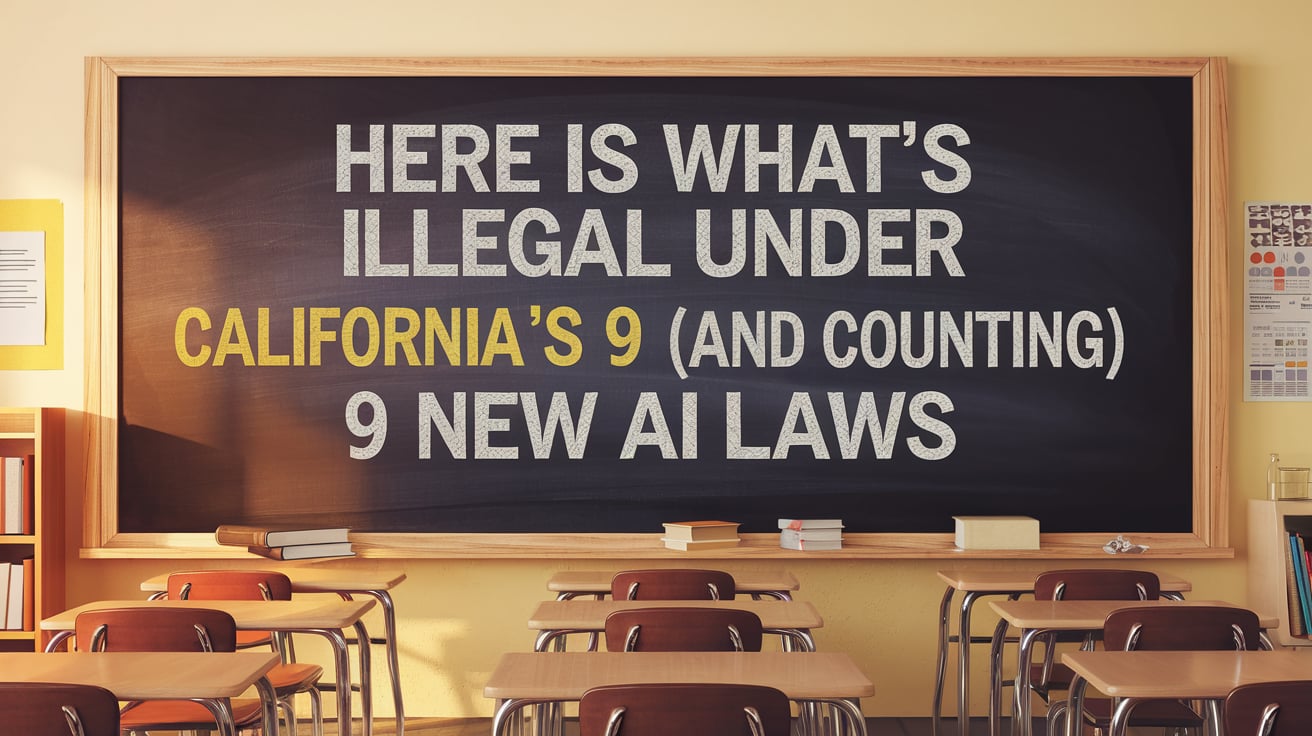
California Governor Gavin Newsom is deliberating over 38 AI-related bills, including the highly debated SB 1047, which has recently been sent to his desk for final approval. These bills aim to tackle some of the most pressing concerns surrounding artificial intelligence, addressing everything from existential risks posed by advanced AI systems to the ethical implications of AI-generated content in entertainment.
“Home to the majority of the world’s leading AI companies, California is working to harness these transformative technologies to help address pressing challenges while studying the risks they present,” Governor Newsom's office stated in a recent press release.
To date, Governor Newsom has signed nine bills into law, marking California's legislative efforts as some of the most far-reaching in the nation regarding AI regulation.
Recently, Newsom signed AB 2905, which mandates that robocalls disclose whether they employ AI-generated voices. This legislation aims to prevent confusion similar to an incident earlier this year when a deepfake robocall mimicking President Joe Biden misled New Hampshire voters.
On Thursday, Newsom enacted two significant laws addressing deepfake pornography. SB 926 criminalizes the use of AI-generated nude images for blackmail, while SB 981 requires social media platforms to create reporting channels for users to flag deepfake nudes. The content must be temporarily blocked during investigations and permanently removed if verified as fake.
Also signed into law was SB 942, which mandates that popular generative AI systems disclose AI-generated content in their provenance data. This means that images created by platforms like OpenAI’s DALL-E will now include metadata tags indicating their AI origin, helping the public identify such content.
AB 2655 requires large online platforms like Facebook and X to remove or label AI-generated deepfakes related to elections and to provide reporting channels for such content.
AB 2839 targets social media users who share deceptive AI deepfakes about elections, emphasizing immediate enforcement.
AB 2355 mandates full disclosure for AI-generated political advertisements, preventing misleading endorsements, such as hypothetical deepfakes of celebrities.
AB 2602 requires studios to obtain consent from actors before creating AI-generated replicas of their voice or likeness.
AB 1836 prohibits studios from making digital replicas of deceased performers without approval from their estates.
As of now, Governor Newsom has 29 AI-related bills still under consideration, with the deadline for decisions approaching at the end of September. During a discussion at the 2024 Dreamforce conference with Salesforce CEO Marc Benioff, Newsom hinted at the implications of SB 1047, emphasizing the need for careful consideration of the risks associated with AI.
“There’s one bill that is sort of outsized in terms of public discourse and consciousness; it’s this SB 1047,” Newsom remarked. “What are the demonstrable risks in AI and what are the hypothetical risks? I can’t solve for everything. What can we solve for? And so that’s the approach we’re taking across the spectrum on this.”
As the state navigates these complex issues, the outcomes of these legislative efforts could set a precedent for how AI is regulated in California and potentially influence national standards.